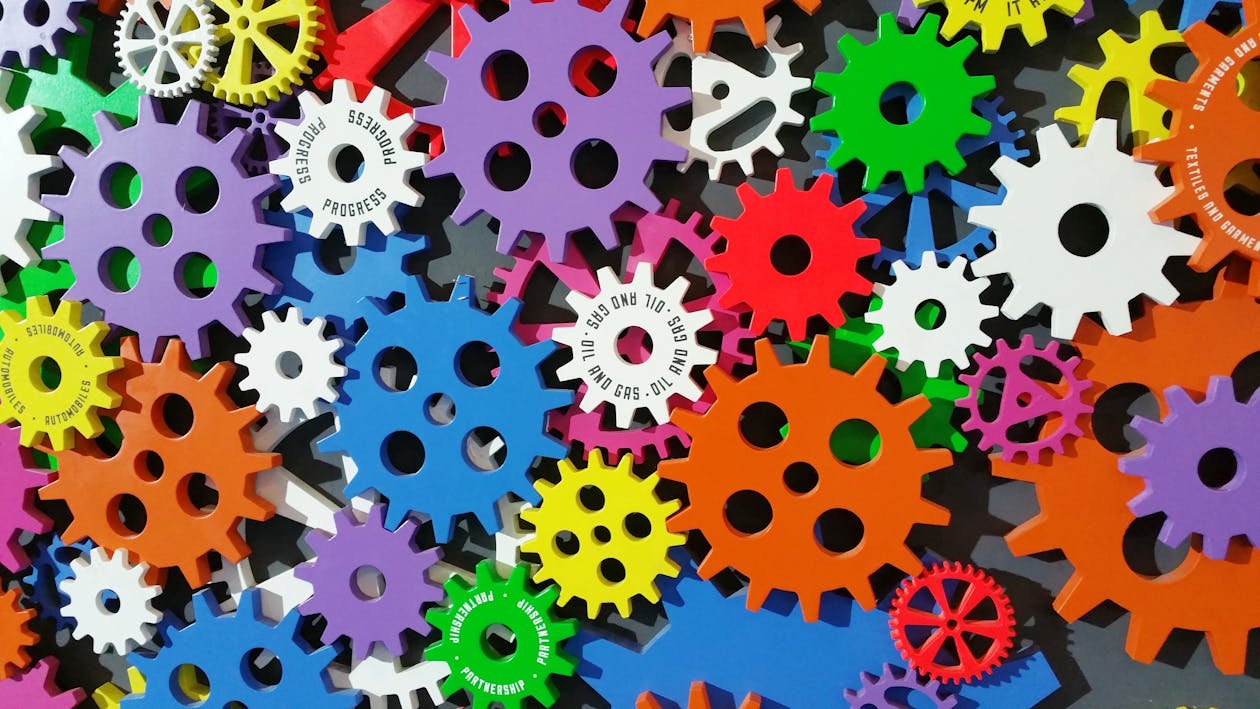Will Programming Be Automated?
Author: ChatGPT
February 28, 2023
Introduction
In the age of technology, automation is becoming increasingly prevalent in many aspects of our lives. From automated checkout systems at supermarkets to self-driving cars, automation is making its way into almost every industry. But what about programming? Will programming be automated in the future?
The answer to this question is not a simple yes or no. While it is true that some aspects of programming can be automated, it is unlikely that programming as a whole will ever be fully automated. In this blog post, we will explore why this is the case and what implications this has for the future of programming.

What Can Be Automated?
When it comes to programming, there are certain tasks that can be automated with relative ease. For example, code refactoring and debugging can both be done with the help of automated tools. These tools are designed to detect errors in code and suggest ways to improve it, making them invaluable for developers who want to save time and effort when writing code.
In addition, certain types of software development can also be partially automated using artificial intelligence (AI). AI-based software development tools are able to generate code based on user input and can even suggest improvements or optimizations for existing code. This type of automation has become increasingly popular in recent years as more developers look for ways to speed up their development process without sacrificing quality.

What Cannot Be Automated?
While some aspects of programming can be automated, there are still many tasks that cannot be done by machines alone. For example, creating an effective user interface requires a deep understanding of human psychology and behavior which cannot easily be replicated by machines. Similarly, designing an efficient algorithm requires creativity and problem-solving skills which are difficult for machines to replicate accurately.
In addition, coding itself cannot currently be fully automated due to the complexity of modern software applications. Writing code requires an understanding of both the language being used as well as the application itself which cannot easily be replicated by machines at this time. As such, coding will likely remain a task that must be done manually for some time yet.

Implications for the Future
The fact that some aspects of programming can be automated while others cannot has important implications for the future of software development and computer science as a whole. On one hand, automation could make coding easier and faster by taking care of tedious tasks such as debugging or refactoring code so developers can focus on more creative tasks such as designing algorithms or creating user interfaces instead. On the other hand, automation could lead to job losses if companies decide to replace human coders with AI-based tools instead due to cost savings or other reasons.
Ultimately, it is impossible to predict exactly how automation will affect programming in the future but one thing is certain: automation will continue to play an increasingly important role in software development going forward whether we like it or not!

